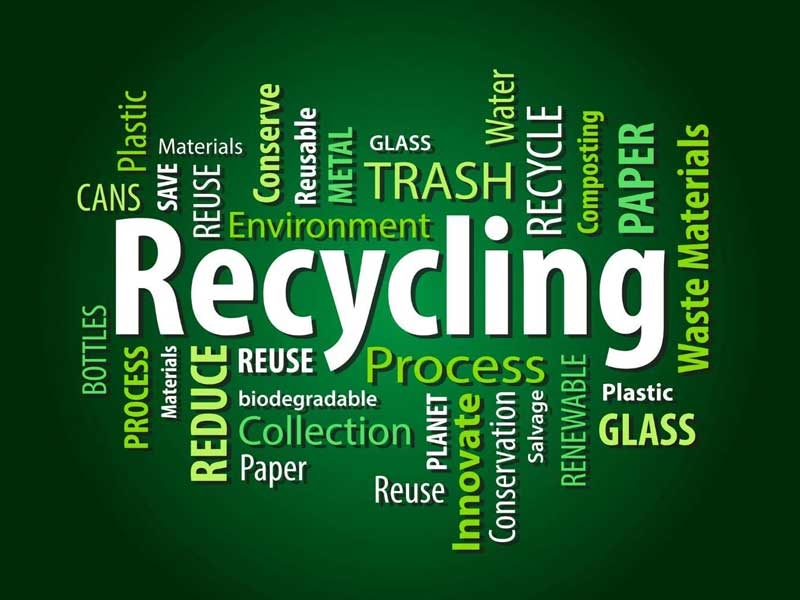
Everything You Need to Know About Battery Recycling
As the world moves toward a renewable energy future, batteries are becoming an integral part of the economy. The Canadian government recently announced an investment of over CA$5 billion in EV battery production alone.
Today, we rely on batteries to power our electric vehicles, solar panels, and other electric devices. But, of course, batteries don’t last forever, and they contain elements harmful to the environment if released from their packaging.
How do you dispose of them responsibly?
Your average battery store in British Columbia probably won’t offer this advice, so you’ll need to find out on your own. And that’s precisely the information we offer below.
What Is Battery Recycling?
Batteries discarded in general waste can pollute soil and water and harm human health. Many materials in a battery can be separated and reused, and what can’t be, needs to be disposed of properly. This is done by specialized battery recyclers or toxic waste disposal processors.
Most countries have regulatory requirements surrounding the disposal of batteries, and Canada is no different. These requirements may differ at the city or province/territory level.
Why It’s Important to Recycle Batteries
Almost all batteries (except alkaline batteries) contain materials hazardous to human and animal health or the planet’s health. This could be anything from lead (or lead acid) and highly reactive metallic lithium to toxic nickel and cadmium.
Types of batteries that need special care include:
- Lead batteries
- Nickel-cadmium batteries
- Nickel-metal-hydride batteries
- Primary lithium batteries
- Lithium-ion batteries
This might include recycling or, where no recycling program is available, hazardous waste treatment.
Alkaline batteries can be thrown away in your regular waste.
Tips on How to Dispose of Batteries
The first step in responsible battery disposal is storing old batteries correctly until you can recycle them. Keep them in a non-conductive plastic or cardboard container and a dry, cool, and dark environment away from flammable materials.
Next, check if the company you bought your batteries from offers a recycling program. For example, Polar Battery customers can bring their old batteries to any of our locations in Burnaby, Vancouver, Kamloops, or Vernon. Our staff collect them and send them to the recycling plant.
If your local store doesn’t offer this program, you can contact your local municipal authority to ask for a list of battery recyclers in your area.
Your Battery Store in British Columbia
There’s no denying we need batteries. They power everything from our EVs and marine vehicles to our solar panels. But given the harm irresponsibly discarded batteries can have on the environment, purchasing from an ethical battery store in British Columbia is important.
Polar Battery is committed to properly recycling and disposal of old batteries. Buy with us, and you can ensure you do the right thing at the end of your batteries’ lives.
Shop our batteries today for automotive, marine, solar, and other uses.
